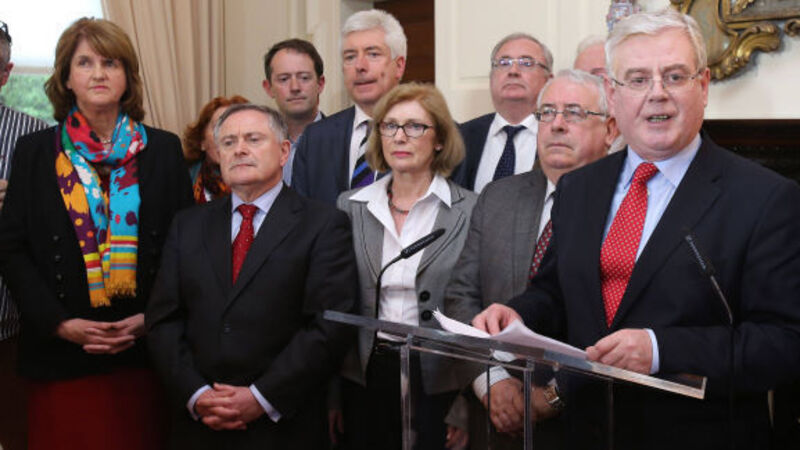Successor to Gilmore will face an unprecedented challenge

He took responsibility, and he created some space for the rebuilding of his party that is vitally necessary.
Despite the devastation of the last few days, he will be remembered as a hugely successful leader of the Labour Party, who brought the party to its greatest ever success in its more than a century of history. He also played a key role in Ireland’s economic recovery, and in the recovery of our country’s international reputation.















